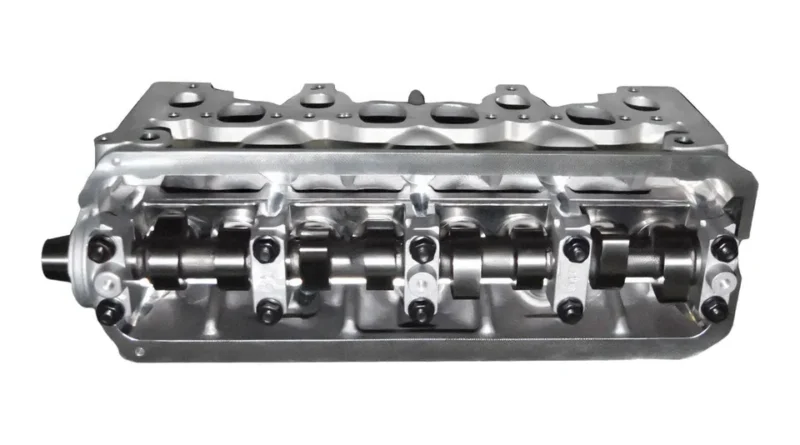Few Signs of Head Gasket Failure
In this article lets have a look on few signs of head gasket failure. The head gasket is a critical component of an internal combustion engine, sealing the cylinder head and engine block to ensure proper compression and preventing coolant and oil from mixing. A failure in the head gasket can lead to significant engine damage and costly repairs. Recognizing the early signs of head gasket failure can save you from severe engine issues. Here are the key signs to watch for:
1. Overheating Engine
One of the most common symptoms of head gasket failure is an overheating engine. A blown head gasket can cause coolant leaks or loss of coolant, leading to insufficient cooling. If your engine frequently overheats, it’s important to investigate the cause promptly.
Indicators of Overheating:
- The temperature gauge rising above normal levels
- Steam coming from the engine compartment
- Coolant loss without visible leaks
2. White Smoke from Exhaust
White smoke billowing from the exhaust is a tell-tale sign of head gasket failure. This occurs when coolant leaks into the combustion chamber and is burned along with the fuel. The white smoke may have a sweet smell due to the coolant. However it can be clear smoke/white when cold outside or wet outside all smoke should clear after 15min of road test.
Characteristics of White Smoke:
- Persistent white smoke even after the engine warms up
- Sweet-smelling exhaust fumes
- Increased smoke during acceleration
3. Milky Oil
Coolant mixing with engine oil due to a blown head gasket can create a milky, frothy substance. This contaminated oil can cause severe damage to engine components due to improper lubrication.
How to Check for Milky Oil:
- Inspect the oil dipstick for a milky, frothy appearance
- Check the oil filler cap for a white, creamy residue
- Regularly monitor oil levels and quality
4. Loss of Coolant with No Visible Leaks
A slow coolant loss without any visible leaks could indicate that the coolant is being consumed internally due to a head gasket leak. Consistently topping off the coolant reservoir may point to this issue.
Symptoms of Coolant Loss:
- Frequent need to refill the coolant reservoir
- Low coolant warning light on the dashboard
- Coolant levels dropping rapidly
5. Poor Engine Performance
A failing head gasket can lead to a loss of compression in the engine cylinders, resulting in poor engine performance. You might notice a rough idle, misfires, or a significant drop in power and acceleration.
Performance Issues:
- Difficulty starting the engine
- Engine misfires or rough idling
- Noticeable loss of power and acceleration
6. Bubbles in the Radiator or Coolant Overflow Tank
When a head gasket fails, combustion gases can leak into the cooling system, creating bubbles in the radiator or coolant overflow tank. This is a clear sign of a head gasket problem and should be addressed immediately.
Checking for Bubbles:
- Inspect the coolant overflow tank for bubbles while the engine is running
- Check the radiator for bubbles when the engine is at operating temperature
- Use a combustion leak test kit to detect exhaust gases in the coolant
7. Unusual Noises
A blown head gasket can sometimes cause unusual noises, such as a ticking or knocking sound coming from the engine. These noises result from the compromised seal allowing unregulated movement within the engine.
Identifying Noises:
- Listen for a ticking or knocking sound from the engine compartment
- Pay attention to any unusual noises during acceleration or idling
- Investigate persistent engine noise with a professional mechanic
Detecting head gasket failure early can prevent extensive engine damage and costly repairs. If you notice any of the above signs, it’s crucial to have your vehicle inspected by a professional mechanic as soon as possible. Regular maintenance and prompt attention to potential issues are key to keeping your engine in optimal condition.
For more automotive tips and maintenance advice, visit our blog and stay informed about the best practices for vehicle care.
Buying a used VW. Buying used vauxhall, BMW, Jaguar, Ford, Volvo, Range rover, Bentley, Aston Martin, Porsche, Ferrari, Lamborghini, Maserati, Hyundai, Tesla, Honda, Pagani

